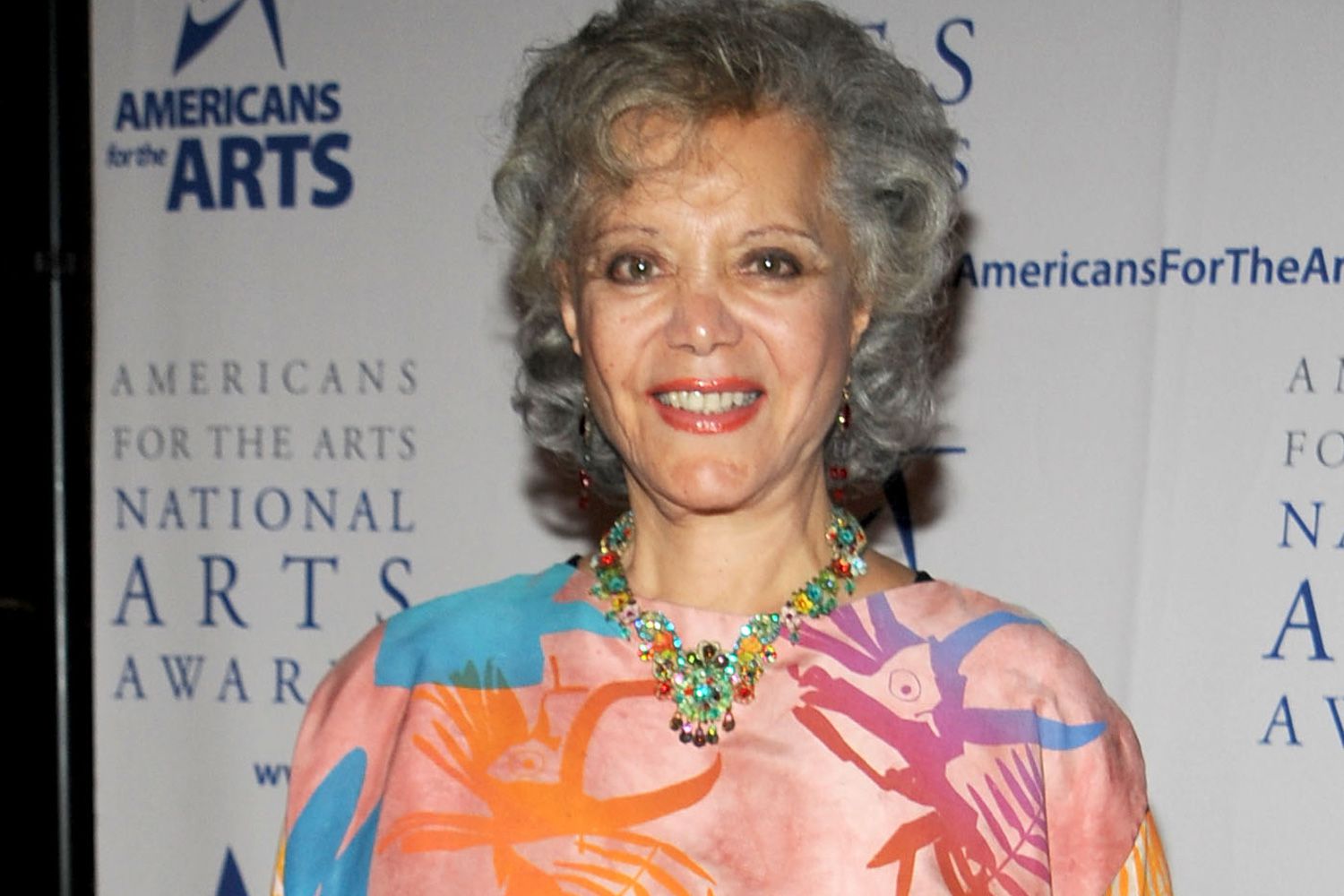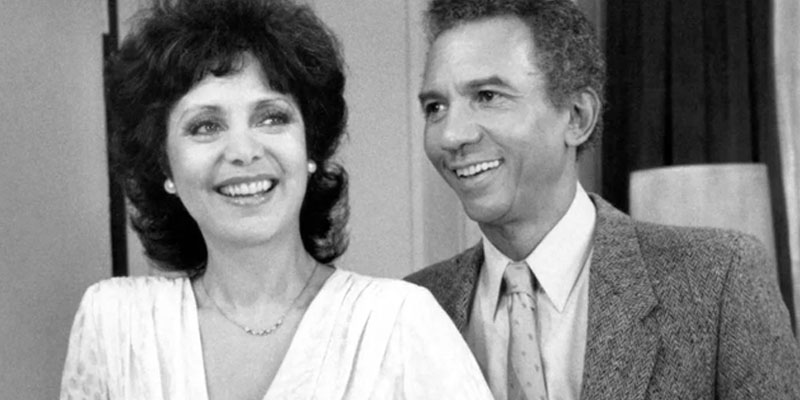Ellen Holly, the first Black actor to play a lead role on daytime television, who broke barriers and sparked controversy on the soap opera “One Life to Live” starting in the late 1960s as a woman presumed to be white who becomes enmeshed in a love triangle involving a Black man, died on Wednesday at a hospital in the Bronx. She was 92.
Her publicist, Cheryl L. Duncan, announced the death. No cause was given.

Ms. Holly, who faced difficulties getting roles early in her career as a light-skinned Black woman, became a fixture on “One Life,” an ABC daytime staple, from 1968 to 1980 and again from 1983 to 1985.
She originally appeared on the show as a woman with a murky past, calling herself Carla Benari, who is treated by a white doctor, James Craig (Robert Milli), after experiencing a nervous breakdown. From the outset, the character, who is presumed to be Italian American, raised questions in the minds of viewers.
“She wasn’t the usual blond, blue-eyed leading female,” Ms. Holly said in a 2018 video interview. “She looked very exotic, and she had this very exotic name.”
Carla begins working as a receptionist for Dr. Craig and dating a Black intern, Dr. Price Trainor (Peter De Anda). She finds herself enmeshed in a mixed-race love triangle when Dr. Craig falls for her as well.
The plotline proved provocative in a country where racial tensions were bubbling over after years of bloody struggles during the civil rights era and the assassination of the Rev. Dr. Martin Luther King Jr. “A white woman falling in love with a Black man,” Ms. Holly said, “people started looking at that soap opera because they were saying, ‘This is something new, we better see where this is going.’”
Not all viewers were happy to go along for the ride. A station in Lubbock, Texas, canceled “One Life to Live,” the show’s creator, Agnes Nixon, said in a 1997 video interview, and some viewers wrote angry letters. A man in Seattle, she said, sent a rambling letter protesting a scene in which Carla kissed Dr. Trainor. “But I’m getting confused,” Ms. Nixon recalled him stating. “If she turns out to be Black, I want to protest her kissing the white doctor.”
